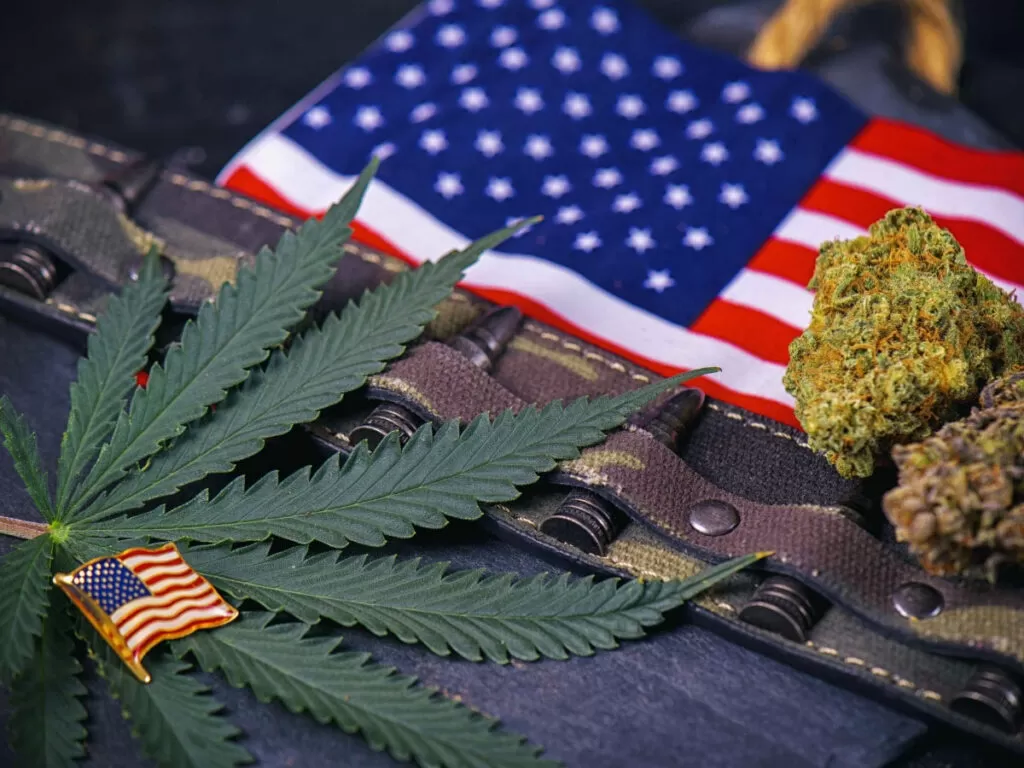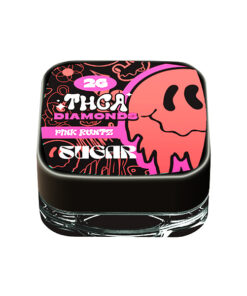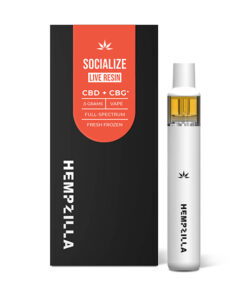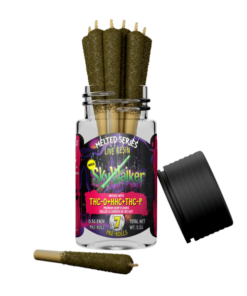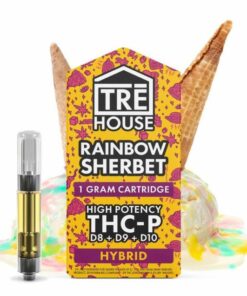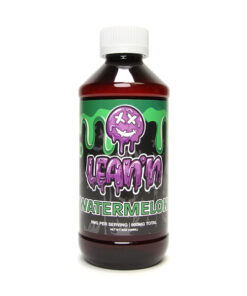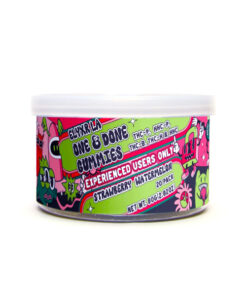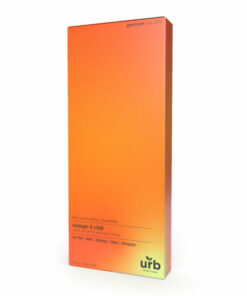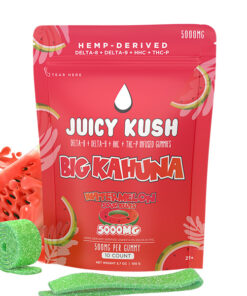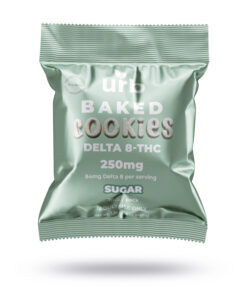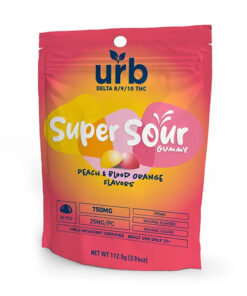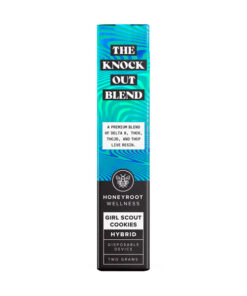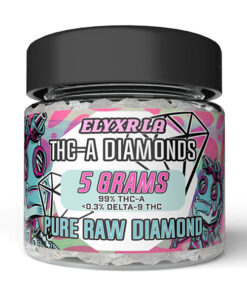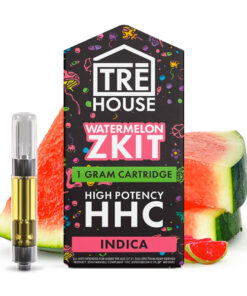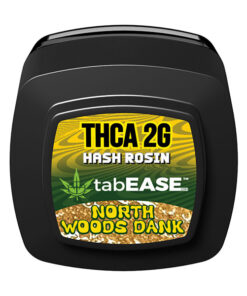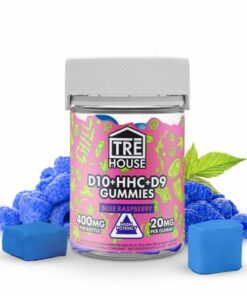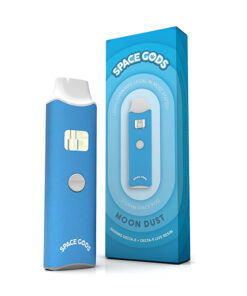Why Veterans are Turning to Weed for Relief
As you traverse the streets, a sudden movement grabs your attention. Reactively, you retreat to the sidewalk, narrowly evading the speeding car hurtling past you.
In mere moments, a surge of activity inundates your brain and body. Neurons in your amygdala – the brain’s hub for emotions and memories – ignite, triggering a cascade of physiological and cognitive responses.
Your heart pounds, your breath quickens, and you may feel “shaken” by the encounter. For individuals with a healthy, well-functioning brain, this response is brief, lasting only minutes.
However, for the 7.7 million people grappling with post-traumatic stress disorder (PTSD), the brain remains in a perpetual state of hypervigilance, poised for fight or flight.
A single triggering event can unleash hours of dysregulated brain function, inflicting profound tolls on one’s health.
This Memorial Day prompts reflection and catalyzes a vital dialogue on the intersection of cannabis and PTSD, especially among veterans.
Despite many post-9/11 conflicts receding into history, a disconcerting reality persists: numerous soldiers grapple with the aftermath of deployments, often returning home with PTSD, traumatic brain injuries, anxiety, depression, and myriad other challenges. Tragically, these issues frequently endure for a lifetime.
Consequently, older veterans endure chronic pain at rates exceeding the national average, fueling a surge in opioid dependency. Veterans face double the risk of succumbing to opioid overdoses compared to the average American.
For those who have sacrificed to serve our nation, we must earnestly ask: Are we reciprocating adequately?
At Delta9reseller.com, we champion accessible medicine for all. We endeavor to delve into the potential benefits and risks that cannabis may offer in aiding veterans grappling with PTSD.
Understanding PTSD: A Brief Overview
Posttraumatic stress disorder (PTSD) emerges in individuals who have encountered or witnessed traumatic events. Those grappling with PTSD endure intense, lingering thoughts and emotions linked to their ordeal, persisting beyond the event’s conclusion.
Fundamentally, PTSD encompasses three core facets: intrusive recollections or flashbacks, avoidance of trauma-related stimuli, and alterations in cognition and mood.
These alterations may manifest as persistent vigilance, sleep disturbances, heightened startle responses, or sudden emotional outbursts.
Trauma researcher and author Bessel van der Kolk underscores the unique challenge of PTSD – its foundation in reality. Unlike internal conflicts characterizing other psychological disorders, trauma arises from tangible, external events often marked by profound distress or mortal danger.
Such experiences rupture one’s sense of security, reshape their worldview, and fundamentally transform their self-perception and relationships.
Moreover, PTSD exerts profound biological effects, spanning stress hormone dynamics, immunological responses, blood pressure regulation, and the brain’s attentional processes.
Exploring How Cannabis May Provide Relief for PTSD:
Given its multifaceted nature, PTSD treatments are tailored to individual needs. Notably, many veterans have turned to cannabis as a means of coping and healing.
This trend has spurred some veterans to establish cannabis brands or advocate for its therapeutic use.
The increasing embrace of cannabis among veterans is not a mere coincidence. Emerging research suggests that cannabis holds promise in alleviating several PTSD symptoms. Here are key ways it may help:
1. Anxiety Reduction:
In individuals grappling with PTSD, the amygdala remains hyperactive, primed to initiate fight or flight responses at any moment. Cannabis can aid by suppressing neural activity in the amygdala.
A groundbreaking study spearheaded by Vanderbilt University revealed that the amygdala produces its own endocannabinoids, which regulate anxiety and stress by “dampening excitatory signals involving the neurotransmitter glutamate.”
However, severe trauma can diminish endocannabinoid production, depriving individuals of essential regulatory mechanisms and exacerbating anxiety.
This could elucidate why cannabis, with its “exogenous” cannabinoids, alleviates anxiety for many. Nonetheless, the study’s authors cautioned that chronic cannabis use may down-regulate receptors, potentially heightening anxiety.
Exploring the Role of Cannabis in Increasing Mindfulness:
For many, cannabis serves as a catalyst for heightened awareness and personal growth. Its unique capacity to amplify physical sensations holds profound potential for individuals grappling with PTSD.
As articulated by Bessel van der Kolk, “Mindfulness enables us to explore our internal terrain with compassion and curiosity, guiding us towards self-care.”
Beyond its molecular effects, cannabis boasts a historical association with practices like yoga, resonating with themes of self-discovery, wellness, and expanded consciousness within stoner culture.
These elements wield significant influence in trauma recovery, central to which is the journey of self-regulation—where cannabis emerges as a guiding force.
Veteran Cannabis Advocacy:
Despite its potential benefits, the American Psychological Association maintains a cautious stance on medical cannabis for PTSD treatment.
In a 2019 statement, the organization cited insufficient evidence in medical literature to endorse its use, emphasizing the need for further research.
Moreover, the United States Department of Veteran Affairs (VA) prohibits its physicians from endorsing medical marijuana or discussing its therapeutic merits.
This restriction poses significant challenges, particularly in regions where cannabis remains illegal, effectively depriving veterans of access to a potentially efficacious and natural treatment avenue.


